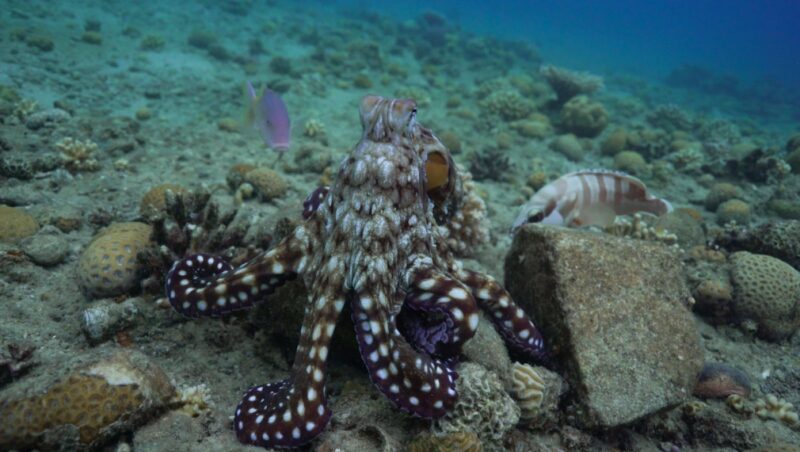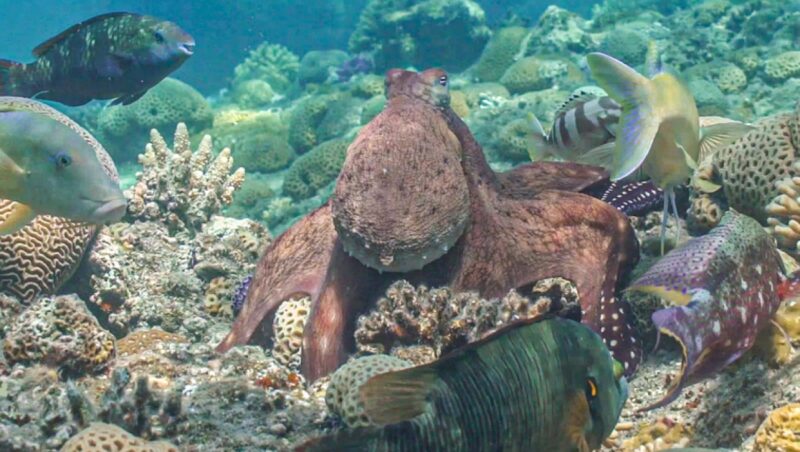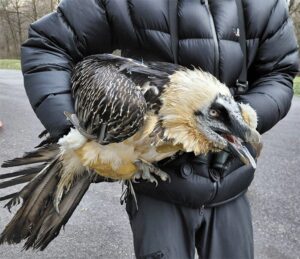Octopuses are usually solitary creatures, but occasionally they group together with fish to share the burden of hunting. But woe betide any fish that does not toe the line.
Researchers have analyzed 120 hours of footage about the social behavior of these mixed hunting packs. One thing they noticed was the level of aggression within the groups. Though working towards the same goal, hunting was not always a harmonious endeavor.
Fish within the group often darted toward other fish, forcing them to move out of the group or into a different position. Octopuses went one step further. If a fish was not contributing, the octopus would punch it out of the way.
Blacktip groupers, for example, often loitered near the periphery of the group and did not add to the joint hunt. Instead, they tried to snatch up the prey opportunistically. Unimpressed by this behavior, the octopus of the group often gave the offending grouper a swift punch.
Mixed species hunting groups have been seen before, but there is no record of them correcting each other’s behavior in this manner.
“These results broaden our understanding of leadership and sociality, emphasizing the complexity and adaptability of social interactions in nature,” said Eduardo Sampaio, lead author of the new study.
Shared leadership
The team observed 13 different groups, all made up of one octopus and an array of other fish. The octopus and fish appear to share leadership. This seems to depend on the decision that needs to be made at any given time. For example, goatfish appear to decide on the group’s direction and areas of interest, but the octopus seems to be in charge of deciding when they actually move.
“The octopus basically works as the decider of the group,” said Sampaio.

Photo: Eduardo Sampaio/University of Konstanz
The fish and octopus both bring useful techniques to the hunt. The fish can patrol and signal when prey are present, while the octopus can search crevices that are inaccessible to the fish. This alliance allows both creatures to catch more prey.
Though they hunt together, the fish and octopus do not share the prey.
“One item of prey is not divided; it is taken by whoever catches the prey first,” Sampai told Nature News.






